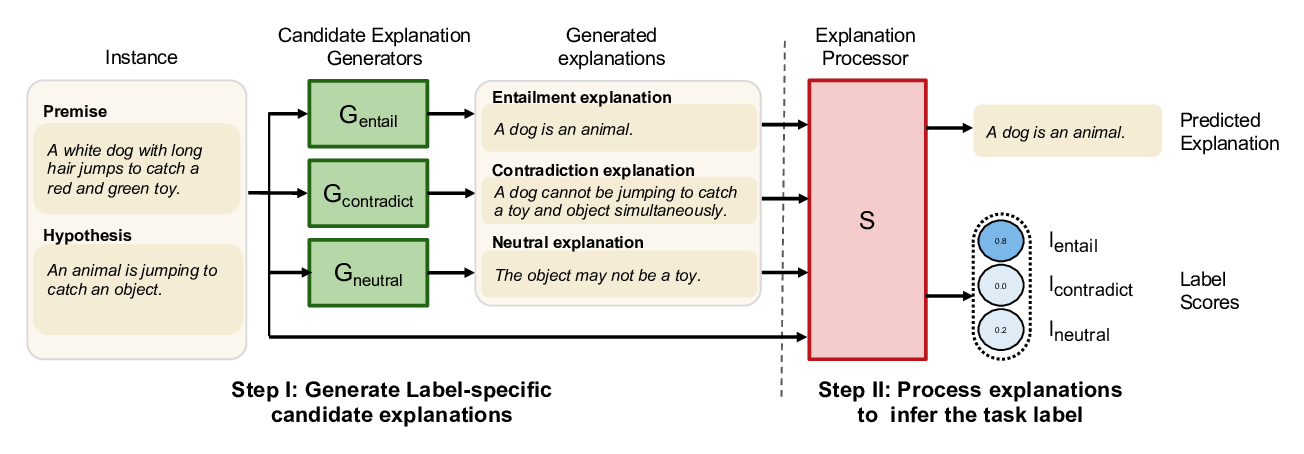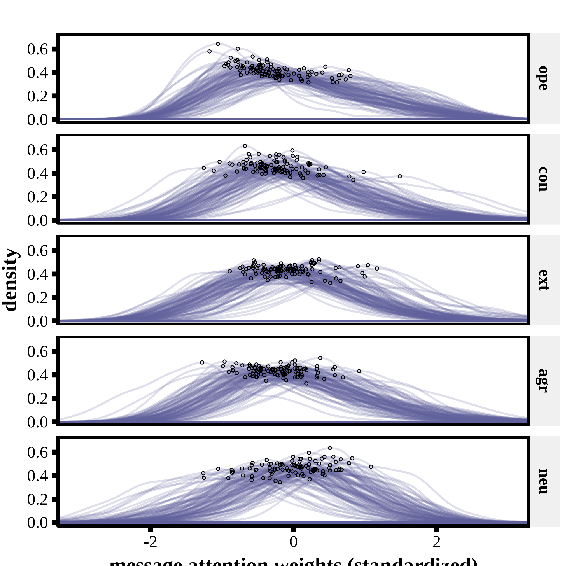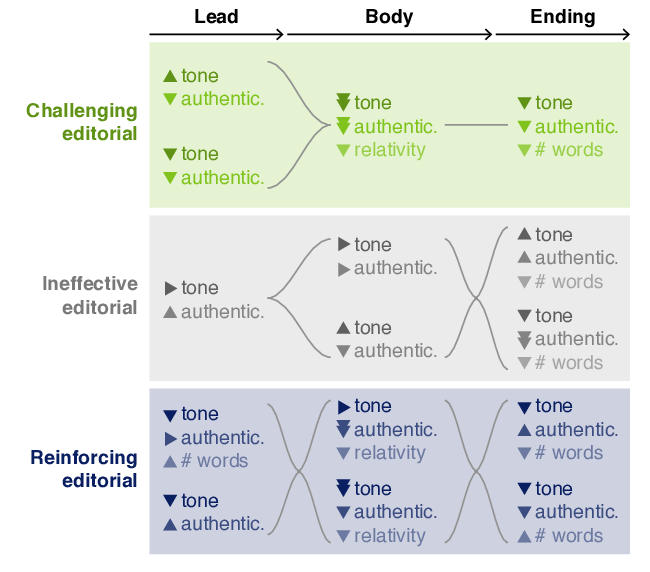Dominance as an Indicator of Rapport and Learning in Human-Agent Communication
Amanda Buddemeyer, Xiaoyi Tian, Erin Walker
Student Research Workshop SRW Paper
Session 3A: Jul 6
(12:00-13:00 GMT)

Session 14A: Jul 8
(17:00-18:00 GMT)

Abstract:
Power dynamics in human-human communication can impact rapport-building and learning gains, but little is known about how power impacts human-agent communication. In this paper, we examine dominance behavior in utterances between middle-school students and a teachable robot as they work through math problems, as coded by Rogers and Farace's Relational Communication Control Coding Scheme (RCCCS). We hypothesize that relatively dominant students will show increased learning gains, as will students with greater dominance agreement with the robot. We also hypothesize that gender could be an indicator of differences in dominance behavior. We present a preliminary analysis of dominance characteristics in some of the transactions between robot and student. Ultimately, we hope to determine if manipulating the dominance behavior of a learning robot could support learning.
You can open the
pre-recorded video
in a separate window.
NOTE: The SlidesLive video may display a random order of the authors.
The correct author list is shown at the top of this webpage.
Similar Papers
NILE : Natural Language Inference with Faithful Natural Language Explanations
Sawan Kumar, Partha Talukdar,

Hierarchical Modeling for User Personality Prediction: The Role of Message-Level Attention
Veronica Lynn, Niranjan Balasubramanian, H. Andrew Schwartz,

Analyzing the Persuasive Effect of Style in News Editorial Argumentation
Roxanne El Baff, Henning Wachsmuth, Khalid Al Khatib, Benno Stein,

